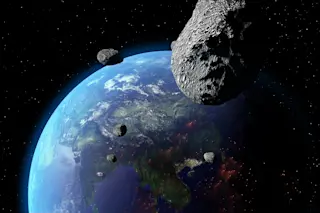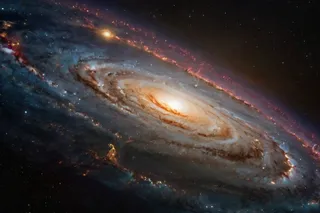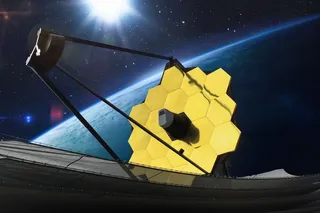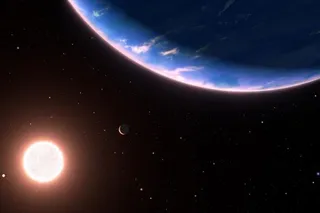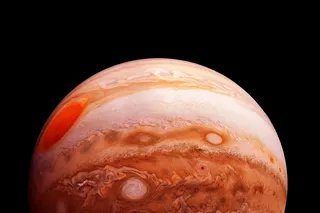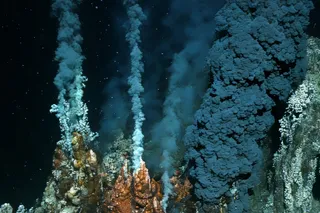Asteroid impacts have changed Earth’s landscape time and time again. Some impacts caused great change to occur, like the Chicxulub Impactor, which led to the mass extinction of dinosaurs around 65 million years ago. While an impact like this caused severe changes to the climate and ended the lines of most non-avian dinosaurs, a new study published in Communications Earth & Environment found that massive asteroid hits may not have changed the planet’s climate in the long term.
After analyzing tiny fossilized sea creatures, a research team from University College London (UCL) found that large asteroid impacts didn’t change the planet’s climate in the 150,000 years after impact. This led the team to believe that not all large asteroid impacts could lead to climate-changing events.
To garner the results of this study, the research team looked at the impacts of two major asteroids from the late Eocene epoch (about 38 ...



